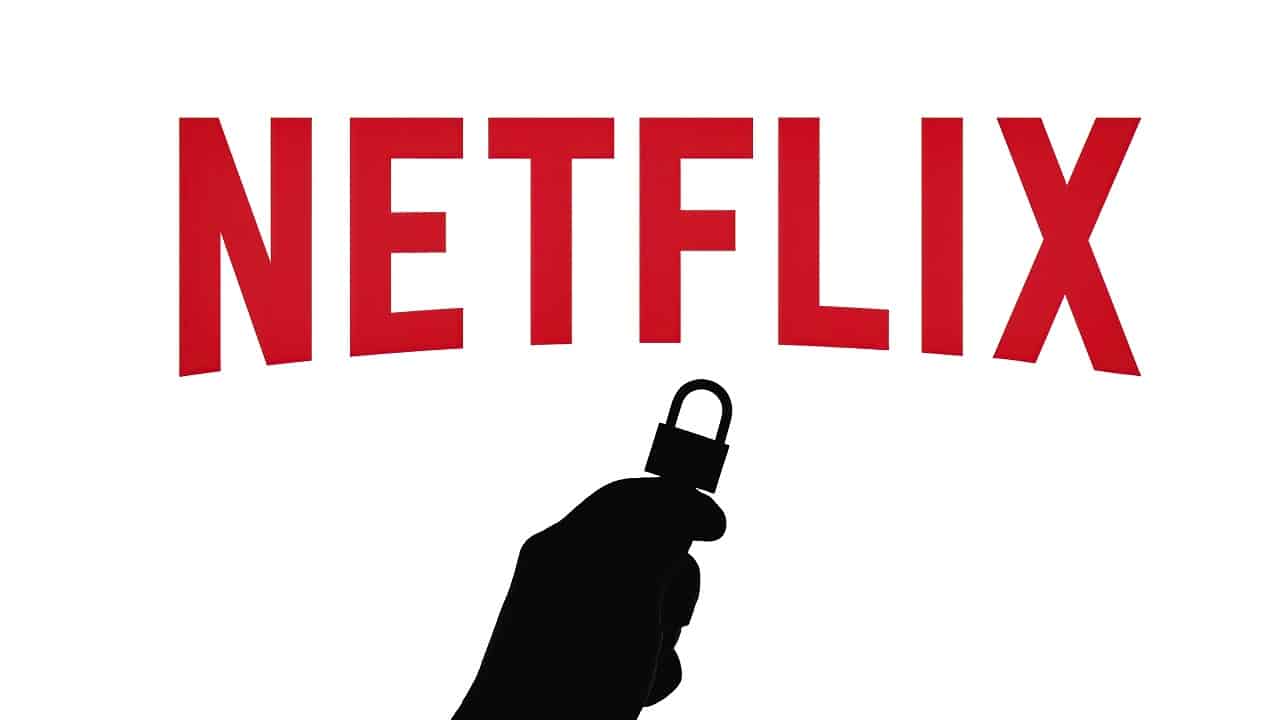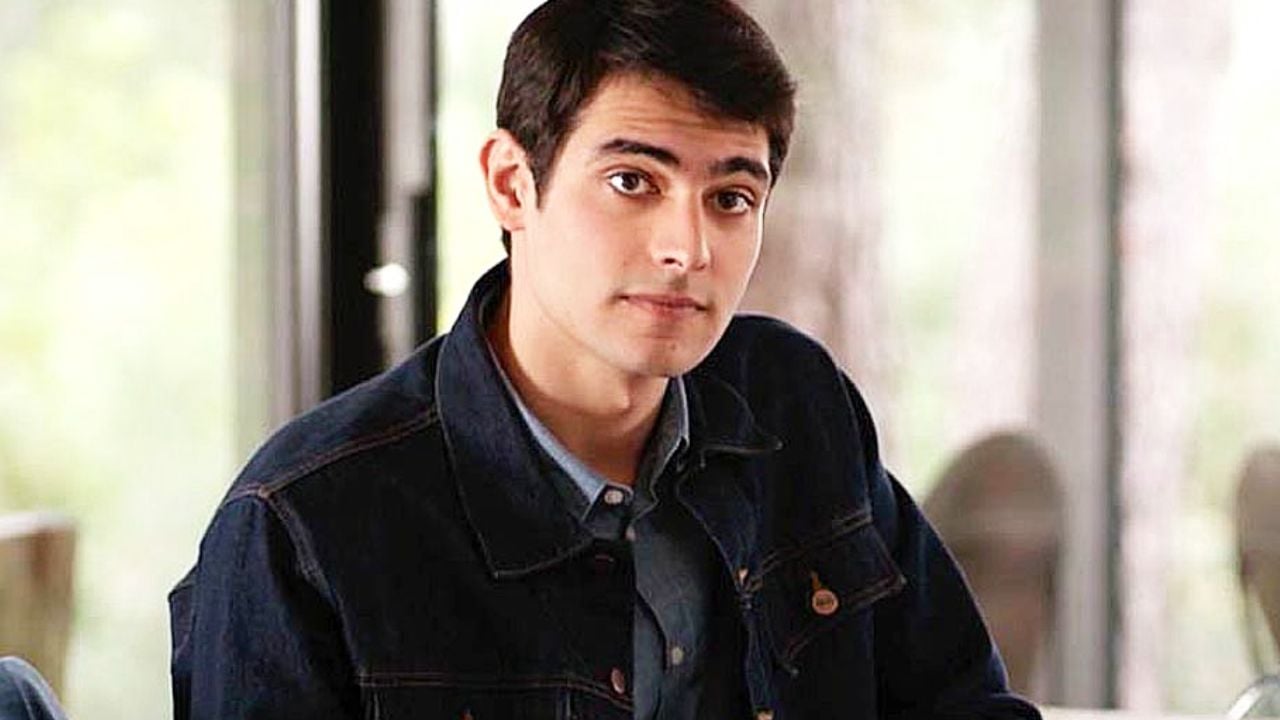In a surprising move, Netflix has decided to crack down on password sharing, a practice it has tolerated for years. The streaming giant, which has been dealing with declining revenue and fluctuating subscriber numbers, is hoping this new strategy will help turn the tide in its favor.
Unlike its previous stance, Netflix now plans to enforce its one account per household policy, charging members extra to share their subscriptions with people who live in different households.
The company believes that by monetizing these previously untapped users, it will be able to recoup some of the revenue it lost in previous years. However, the success of this venture may not be as simple as expected.
This is because users may have signed up primarily for the ability to stream content to multiple devices and homes simultaneously.
For example, Netflix’s Standard plan, priced at BRL 39.90 per month, allows you to stream to two devices simultaneously, while the Premium plan, priced at BRL 55.90 per month, allows for up to four simultaneous views. The move to paid sharing could prompt some users to opt for the more affordable Basic plan, priced at R $ 25.90 per month, which limits streaming to a single device at a time.
This potential trend could negatively impact Netflix’s average revenue per user. Explains Rayburn: “Cancellations will hurt, but downgrades will hurt too because Netflix can’t fix it with advertising.”
Other streams can join
Whether paid sharing hurts Netflix’s finances or not, its fallout could affect the entire streaming industry. Competitors like Disney, Warner Bros. Discovery, and Paramount are likely watching closely how consumers respond to Netflix’s crackdown on password sharing. If successful, other services could follow suit, as was the case with last year’s price hike.
Paul Erickson, director of Erickson Strategy and Insights, highlights the common challenge faced by all streaming platforms: how to handle password sharing.
Everyone will take a look at this or be guided by how Netflix handles this, how the American consumer reacts, or how they react and move forward on their own.
Paul Erickson
Given Netflix’s massive presence in the streaming market, the possibility cannot be ruled out that paid sharing will become an industry norm. Erickson believes paid sharing is a natural progression in the maturation of the streaming industry, stating, “This needed to be addressed at one point, and it’s happening now.”
Aside from Netflix’s investors, few seem to be happy with this change, especially considering that Netflix is the only service that charges an additional payment for sharing passwords. It’s still too early to gauge how many subscribers the streaming platform might lose, how many will opt for cheaper plans, or how many will actually buy additional accounts.
However, Netflix should proceed with caution in implementing this change, as it risks alienating paying customers who have played a vital role in expanding the service’s reach by sharing their passwords.
With information from The limit.
The post Netflix: How the End of Password Sharing Can Go Wrong first appeared on Olhar Digital.
Source: Olhar Digital
Rose James is a Gossipify movie and series reviewer known for her in-depth analysis and unique perspective on the latest releases. With a background in film studies, she provides engaging and informative reviews, and keeps readers up to date with industry trends and emerging talents.






